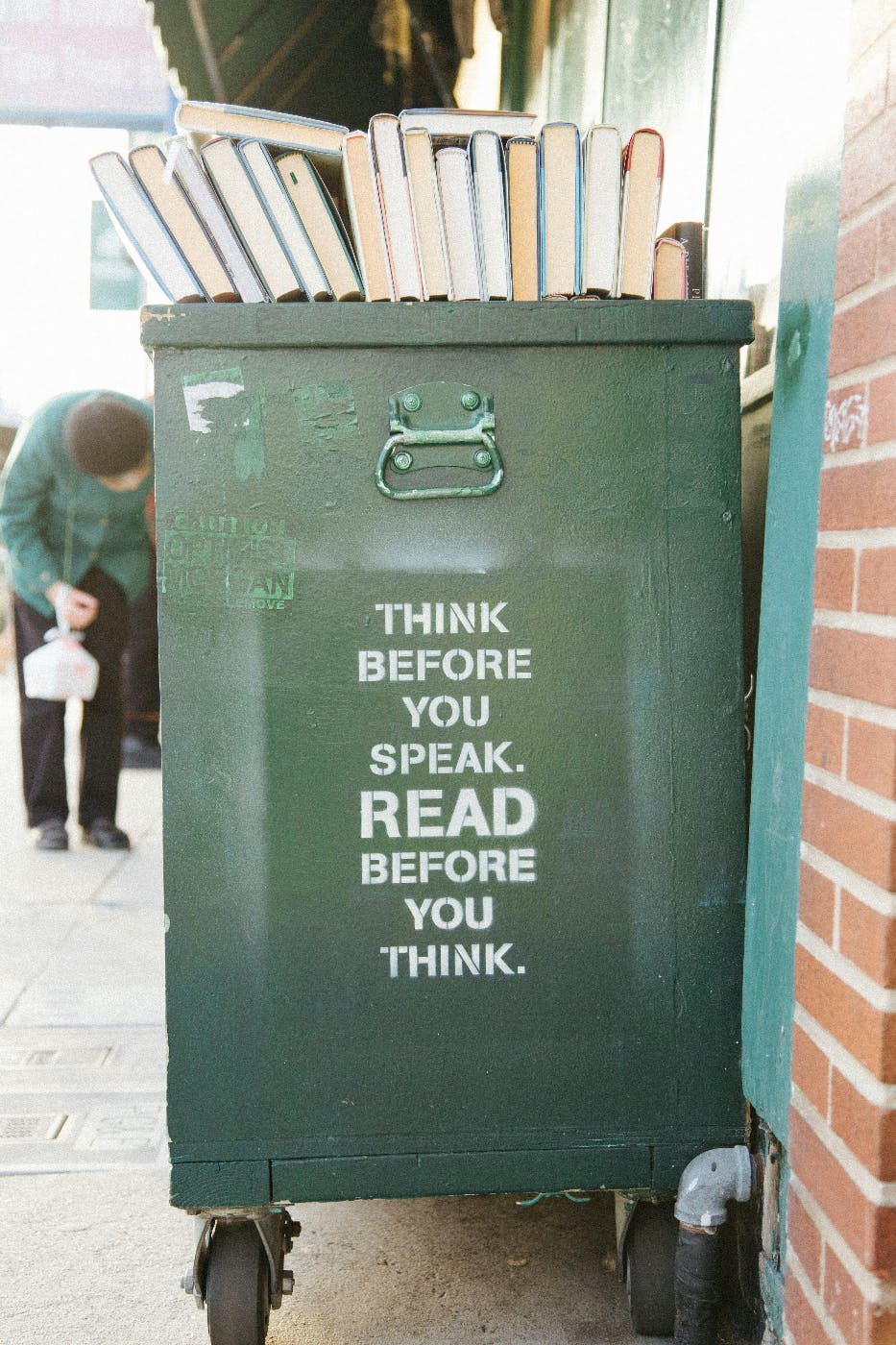
Yet, despite the prevalence of written communication, the impact of hearing a human voice remains profound and irreplaceable.
My parents are now gone. I didn’t misplace them; they aren’t under the bed or in the back of the closet or on an endless road trip; they are dead. This means so many things are different in my life now, and one major difference is that I will never hear their voices again.
My mother, even in her advanced years, had the voice of a young girl on the phone. It was bright and clear, and she had good phone etiquette. When I called home and Mom answered, it was a welcoming ring of hello! My father, on the other hand, answered the phone with great suspicion. A low growl of hello, backed by the feeling of who is this, why are you calling, what do you want from me? Then I’d say, “Hi, Dad,” and he’d relax.
Neither of my parents had a cell phone. Wait, let me change that: neither of them had cell phones that they used. They had one cell phone between them, which they left plugged in by the landline in the kitchen. My mother never drove, so she’d be with my father anywhere she went. My father went to three places: the grocery store, the package store (which is what we call liquor stores in the Great North East), and the convenience store for scratchers. Of course, he went to work until he retired, but after that, not so much. The point is they got the cell phone in case of emergencies, but they rarely used it.
I never once sent my parents a text. Actually, I never once sent them an email, either. But that’s a different story. I only spoke to them on the phone. And I liked that. When I was low, needing my Mom, I could hear her voice, and she made things better. That doesn’t happen with text messages. A text might be quicker and more convenient, but it certainly doesn’t have the healing powers of hearing a human voice.
As we move through February and focus on humans and machines, today we’re talking about, well, talking, not texting—actual voices talking to each other. Again, I reiterate this is not about tech bashing or trying to drive us back to the age of string and tin cans. We’re just looking at how technology has robbed us of some essential goods and trying to think of ways when we can leave technology behind and be more human-centric. Today, voices versus texts. Let’s dive in.
In the digital age, where communication often revolves around text messages, emails, and social media posts, the power of the human voice might seem overlooked or underestimated. Yet, despite the prevalence of written communication, the impact of hearing a human voice remains profound and irreplaceable. From conveying emotions to building connections, the spoken word holds a unique sway over our minds and hearts. Let’s delve into the reasons why hearing a human voice beats text and explore the significance of voice in our lives.
The Emotional Connection
One of the most compelling aspects of hearing a human voice is its ability to forge emotional connections. Unlike text, which can sometimes feel sterile or devoid of feeling, the voice carries nuances, tones, and inflections that convey emotions in a way that written words cannot replicate. Whether it's the warmth of a loved one's voice, the excitement of a friend sharing good news, or the empathy in a colleague's tone, the emotional richness of the human voice adds depth and authenticity to our interactions.

Building Trust and Understanding
Communication is not just about exchanging information; it's also about building trust and understanding. Hearing someone's voice allows us to gauge sincerity, authenticity, and intention more accurately than relying solely on written words. From the subtle cues in tone and pitch to the pauses and hesitations that reveal underlying emotions, the human voice provides valuable clues that help us interpret messages in their intended context. This enhanced understanding fosters trust and strengthens relationships, whether in personal or professional settings.
Expressiveness and Creativity
While text can be a powerful medium for conveying ideas, it often lacks the expressiveness and creativity inherent in spoken communication. When we speak, we have the freedom to modulate our voices, use emphasis and intonation, and employ rhetorical devices such as humor, irony, and metaphor to convey meaning. These elements make communication more engaging and memorable and allow for a deeper exploration of complex concepts and emotions. From storytelling and poetry to public speaking and performance art, the human voice is a versatile instrument of expression and creativity.
Resonance and Impact
Think about the speeches that have moved nations, the songs that have stirred souls, and the podcasts that have sparked meaningful conversations. What do they all have in common? They harness the power of the human voice to create resonance and impact. Whether it's the stirring rhetoric of a great orator, the soul-stirring melody of a singer, or the intimate connection forged between a podcast host and their listeners, the human voice uniquely captivates, inspires, and motivates. Its resonance lingers long after the words have faded, leaving a lasting impression on our hearts and minds.
Overcoming Barriers
In a world where barriers of distance, language, and culture often separate us, the human voice serves as a bridge that transcends boundaries. Through voice calls, podcasts, audiobooks, and other audio formats, we can connect with people from different parts of the world and gain insights into diverse perspectives. The universality of the human voice allows us to communicate and empathize with others in ways that transcend the limitations of written language. Whether it's sharing personal stories, exchanging ideas, or fostering cross-cultural understanding, the power of voice can potentially unite us across divides.

Harnessing Technology for Good
While digital communication platforms have undoubtedly revolutionized the way we connect and communicate, they have also opened up new possibilities for harnessing the power of voice. Voice recognition technology, virtual assistants, and voice-enabled devices have become increasingly integrated into our daily lives, offering convenience, accessibility, and new avenues for expression. From dictating emails and composing texts to controlling smart home devices and accessing information hands-free, voice technology has made communication more seamless and inclusive.
Summing Up
In a world where text-based communication dominates, it's essential not to overlook the power and significance of the human voice. From fostering emotional connections and building trust to unleashing creativity and inspiring change, the spoken word holds a unique sway over our lives. Whether it's the comforting sound of a loved one's voice or the electrifying energy of a powerful speech, hearing a human voice has a profound impact that transcends the limitations of written language. As we navigate an increasingly digital world, let us not forget the enduring power of voice to uplift, unite, and inspire us all.

